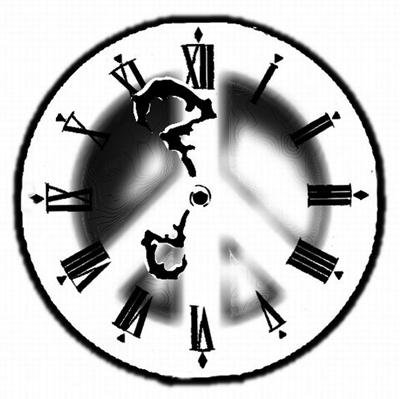All Nonfiction
- Bullying
- Books
- Academic
- Author Interviews
- Celebrity interviews
- College Articles
- College Essays
- Educator of the Year
- Heroes
- Interviews
- Memoir
- Personal Experience
- Sports
- Travel & Culture
All Opinions
- Bullying
- Current Events / Politics
- Discrimination
- Drugs / Alcohol / Smoking
- Entertainment / Celebrities
- Environment
- Love / Relationships
- Movies / Music / TV
- Pop Culture / Trends
- School / College
- Social Issues / Civics
- Spirituality / Religion
- Sports / Hobbies
All Hot Topics
- Bullying
- Community Service
- Environment
- Health
- Letters to the Editor
- Pride & Prejudice
- What Matters
- Back
Summer Guide
- Program Links
- Program Reviews
- Back
College Guide
- College Links
- College Reviews
- College Essays
- College Articles
- Back
Pokémon Shuffle MAG
The Pokémon series’ wide cast of recognizable collectible creatures lends itself well to multiple genres outside of the main series games. Familiar Pokémon have found their way into fighting games, strategy games, dungeon-crawlers, and most recently, a puzzle game called “Pokémon Shuffle,” a 3DS eShop exclusive released in last February.
Anyone who is familiar with basic match-three puzzle games should have no trouble jumping into the action. Players use the stylus to match three, four, or five Pokémon in a row to progress to the next stage, earning coins and more Pokémon to use along the way.
Some elements of the core Pokémon games distinguish “Shuffle” from similar titles. In each stage, players have a certain number of moves to deplete the life bar of an opposing Pokémon. If you succeed, you have a chance of catching that Pokémon and adding it to your collection. Fail, and you start the stage over. Collecting different types of Pokémon is important, as the type of advantages used in the core games carry over into “Shuffle.” Having trouble beating a Fire-type Pokémon in a stage? Go back and catch some Water-type Pokémon to use and give you an advantage.
The Mega Evolution system introduced in the core games finds its way into “Shuffle,” allowing players to take one Pokémon into a stage to Mega-Evolve. By creating combos using that Pokémon, a gauge begins to fill. When the gauge is full, certain Pokémon on the board will change into Mega-Evolved forms, allowing you to clear out tiles and create combos more quickly. Some of the challenge comes in the form of deciding whether to use moves to fill the gauge to Mega-Evolve or to land the most damaging hits on the target. However you play, the simple formula is fun and addictive.
However, “Pokémon Shuffle” ruins its potential with one simple addition: micro-transactions. While free to play, “Shuffle,” like many similar mobile games, operates on a heart system. You must use a heart to play a stage, whether you end up beating the stage or not. You can only hold up to five hearts normally, and it takes half an hour to refill one heart, meaning that it takes two and a half hours for all your hearts to refill. With each game lasting a minute or two, that’s a lot of waiting between games.
The easy remedy to this unnecessary time barrier is by paying. Players can buy “gems” that allow them to not only bypass the time restrictions and play as much as they want, but also purchase power-ups and extra moves that practically make the stages impossible to lose. The challenge and fun in the game comes from deciding how to use your limited moves in the wisest way possible. However, when you can buy as many moves as you want, the game becomes the definition of a “pay-to-win” game.
“Pokémon Shuffle” is the worst example of a single flaw ruining an entire game. The concept is fun, and putting everyone’s favorite collectible creatures into a tried-and-true puzzle formula is great. However, limiting the player’s ability to play the game by putting up unnecessary time restrictions ruins the experience for non-paying players. In addition, later stages are so difficult that beating them requires replaying older stages to increase your levels high enough to win or simply buying your way through. No matter how much you’re enjoying your game, that is overshadowed by the fact that you’re going to have to stop because you don’t want to dump money into such a simple game.
“Pokémon Shuffle” had an excellent potential to be a quirky little game that could appeal to Pokémon fans and puzzle fans alike. However, the amount you’d need to pay just to play overshadows any enjoyment. If you absolutely must have a Pokémon puzzle game with Mega Evolutions and are willing to constantly pay, “Shuffle” is a great fit. For everyone else, you’d probably be better off with 2014’s “Pokémon Battle Trozei” for the 3DS; you might have to fork over $8 in the eShop for it, but you’re paying for the ability to enjoy the game without constantly worrying about how many hearts you have.

Similar Articles
JOIN THE DISCUSSION
This article has 0 comments.
